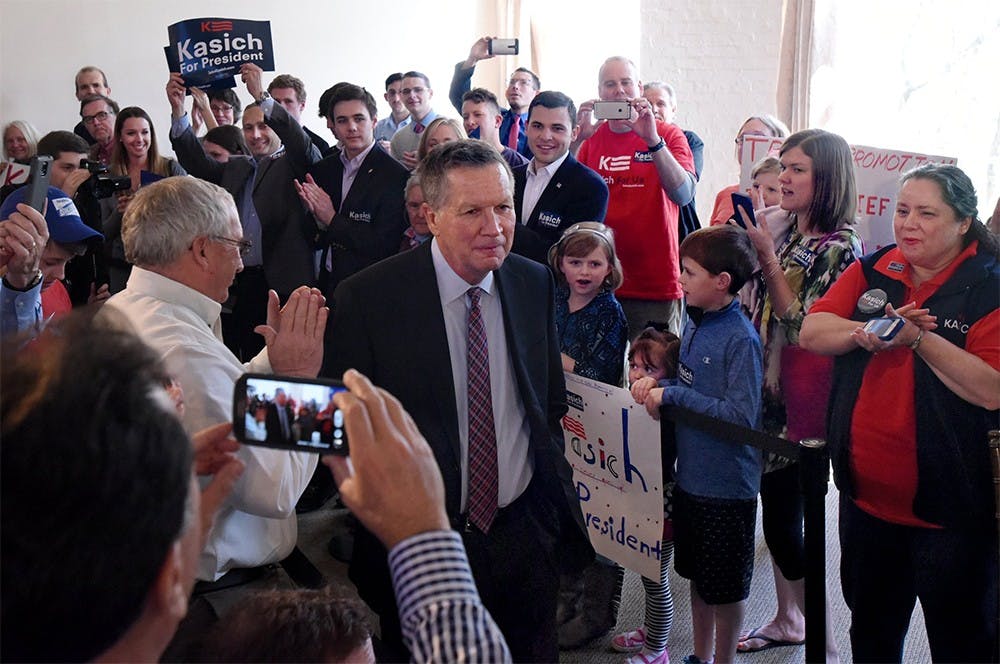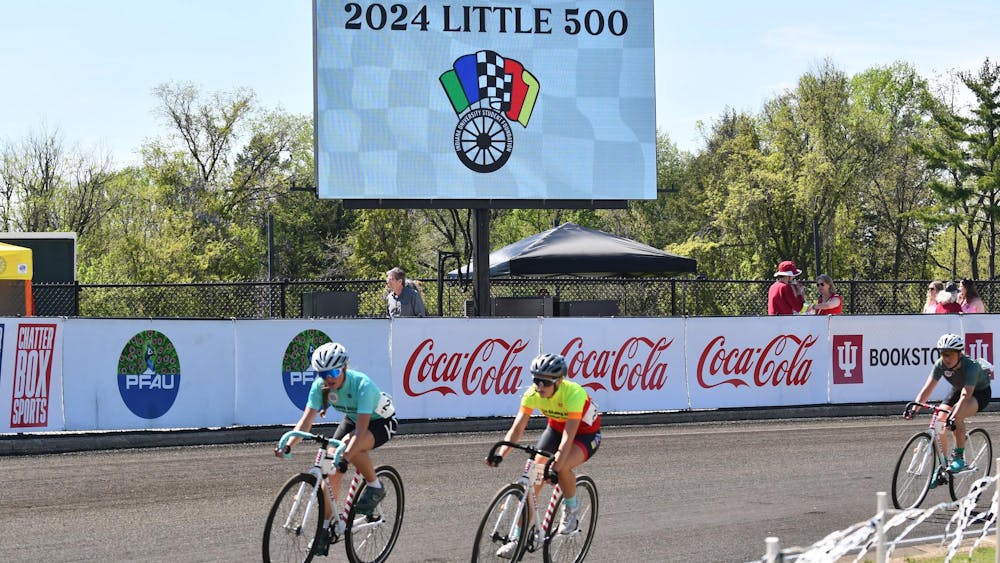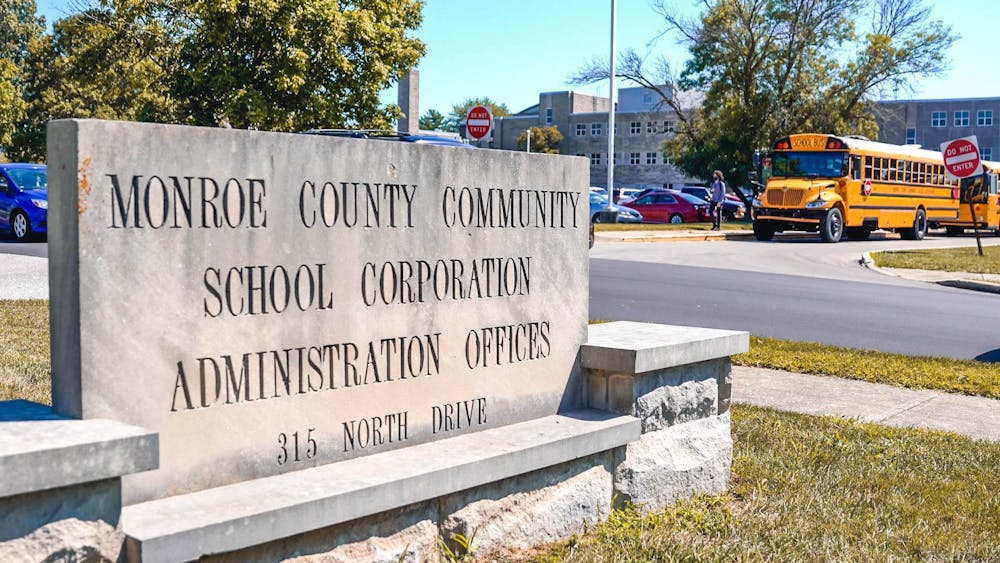Only 622 delegates are still available for the Republican race after polls closed for five East Coast primaries Tuesday night.
Presidential candidate Donald Trump’s lead continued, claiming 950 delegates. In response, John Kasich opted to undercut Trump’s efforts by halting his Indiana campaign.
Kasich’s reallocation of resources was simultaneous with Ted Cruz’s Sunday announcement to focus his attention on Indiana and “clear the path for Governor Kasich to compete in Oregon and New Mexico.”
But then, in a diner in Philadelphia, Kasich told reporters if Hoosiers want to vote for him, “they ought to.”
Although it’s not unprecedented for candidates to skip over certain states, the agreement between Kasich and Cruz created a media storm.
“I don’t see this as any big deal other than the fact that I’m not going to spend resources in Indiana, (Ted Cruz) is not going to spend resources in other places,” Kasich said to the media Monday. “So what? What’s the big deal?”
Kasich cited funds as the motivator for the change.
“I don’t have, like, Daddy Warbucks behind me giving all this money,” he said Monday. “I have to be careful about my resources.”
Kasich did not cancel his private fundraiser in Indianapolis on Tuesday evening. In fact, Sunday’s announcement generated more fundraising interest from voters, said Pete Seat, senior project manager for Hathaway Strategies, the company handling Kasich’s Indiana campaign.
The real win comes from the delegates, though, Seat said.
“It’s a delegate game, right,” Seat said. “In order to make sure Donald Trump doesn’t get the nomination on the first ballot, it’s about picking up delegates where you can.”
Indiana will send 57 delegates to the national convention this summer. Of those, 27 delegates represent congressional districts and therefore must vote for the candidate who wins in the district.
A separate 27 delegates are considered “at-large,” meaning they must vote for the candidate who wins the state. The three remaining delegates are bound to the Republican National Convention.
After the April 26 Super Tuesday, Kasich is trailing behind nationally at 153 delegate votes, compared to Cruz’s 560, according to the Associated Press at the time of press.
However, Kasich’s campaign felt comfortable with its position with Indiana delegates, said John Weaver, Kasich for America chief strategist, in a statement.
“Ultimately people need to make the choice that they think is best,” Seat said. “If they want a second ballot especially, they need to make a smart decision when they go to the polls.”
Mathmetically, only Trump can win the GOP nomination on the first ballot. The alliance between Kasich and Cruz was designed to stop Trump from passing the 1,237-delegate threshold, therefore giving him the Republican nomination outright, according to both their websites.
If no candidate reaches this threshold, the nomination goes to a second ballot and delegates can vote for any candidate they choose.
However, this process can be a bit confusing to the average voter.
“I understand that the average voter doesn’t understand that and that this has been a very different election cycle,” Seat said. “It’s exposed the process to more people. There is an important distinction between something that materialized out of nowhere versus something that has been the process in which we nominate people for decades.”
Focusing on delegates rather than voters can be off-putting, Ohio Democratic Party Chair David A. Pepper said during a media conference call with Indiana Democratic Party Chair John Zody.
“The more voters view politics as a game that’s not about them, the more they disengage and the more upset they get,” Pepper said. “They are seeing what seems, right now, as a political game in Indiana.”
Pepper criticized Kasich for not focusing or winning in his border states.
“I think it leaves voters who are clearly already frustrated, already frustrated with the Republican party, thinking, ‘Hey, these guys, this is just a game to them,’” Pepper said. “This isn’t a vision about how to help make Indiana a better state or the country a better country.”
Even from an opposing view, Pepper said he thought the joint attack against Trump actually hurt the other Republican candidates.
“Again, I’m a Democrat watching from the outside, but it does seem to play to Donald Trump’s hand,” Pepper said. “For some of these folks, it is a game and it’s not really about the issues that Indiana families care about or Ohio families care about.”
From the Republican standpoint, the shared goal is to beat Democratic candidate Hillary Clinton, Seat said. To achieve this, Republican voters need to buy into the Kasich-Cruz alliance.
“If they’re okay with Donald Trump being the nominee and being defeated by Hillary Clinton in a spectacular fashion, then that’s what they should do,” Seat said. “If that’s not what they want to see, then they need to make the smart choice.”






